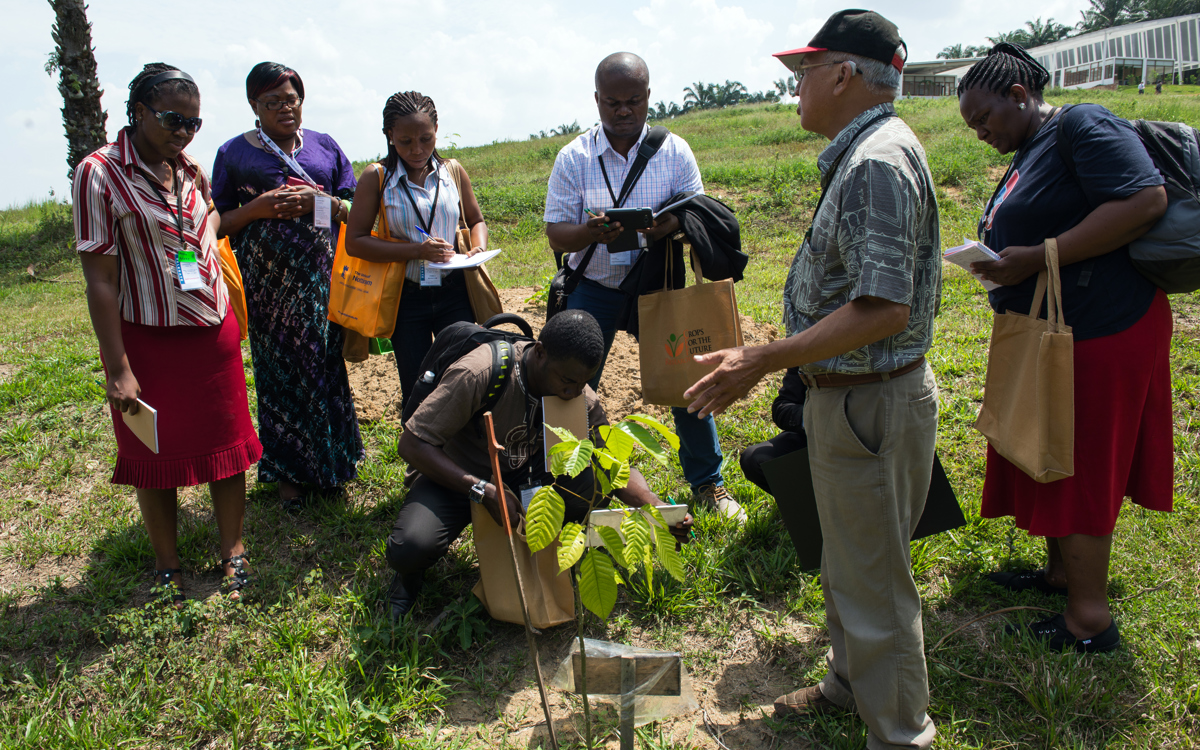Commonwealth Climate Resilience Network Grantees 2024
Meet the Commonwealth Climate Resilience Network Grantees for 2024


Dr Chinwe Ogunji
Alex Ekwueme Federal University Ndufu-Alike, Nigeria

Professor Seema Narayan
Monash University, Australia

Dr Elias Mwakilama
University of Malawi

